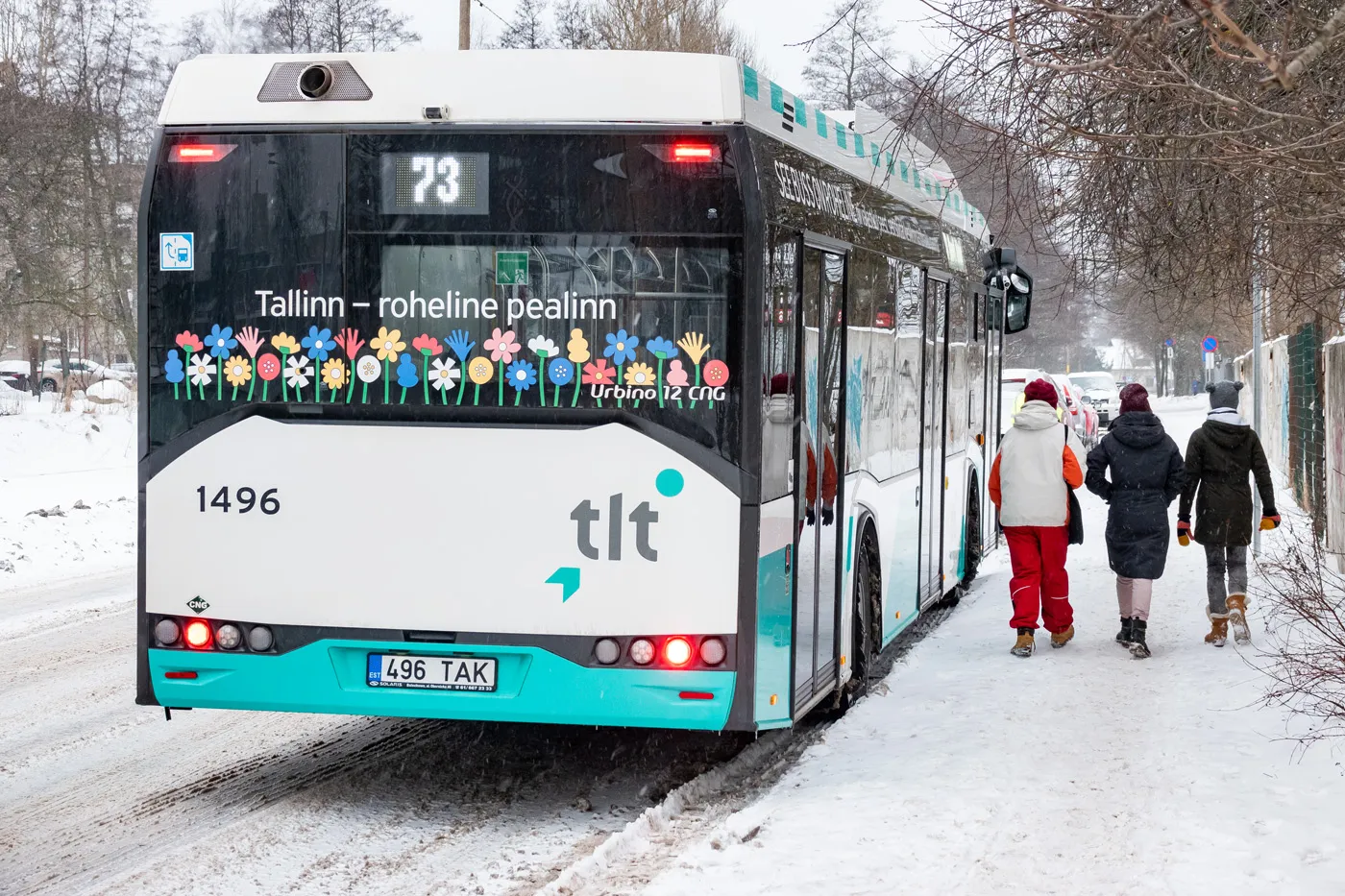It has joined a consortium, led by SP Energy Networks, which will look at ways of facilitating the increase in electricity demand which will be caused by the anticipated growth of EVs.
“It is becoming increasingly important to understand the interaction between the take-up and demand for EVs and the capacity and supply within the electricity networks,” says PTV UK & Ireland director Devrim Kara. “The Charge project will deliver innovative research and analysis that will act as a blueprint for integrated transport and energy planning for transport electrification.”
The consortium also includes EA Technology and Smarter Grid Solutions.
PTV to research effect of EVs on electricity network
PTV Group is to model how transport networks can be integrated with future electricity network requirements as electric vehicle (EV) charge points are rolled out.
It has joined a consortium, led by SP Energy Networks, which will look at ways of facilitating the increase in electricity demand which will be caused by the anticipated growth of EVs.
“It is becoming increasingly important to understand the interaction between the take-up and demand for EVs and the capacity and supply within the electricity
April 4, 2019
Read time: 1 min








